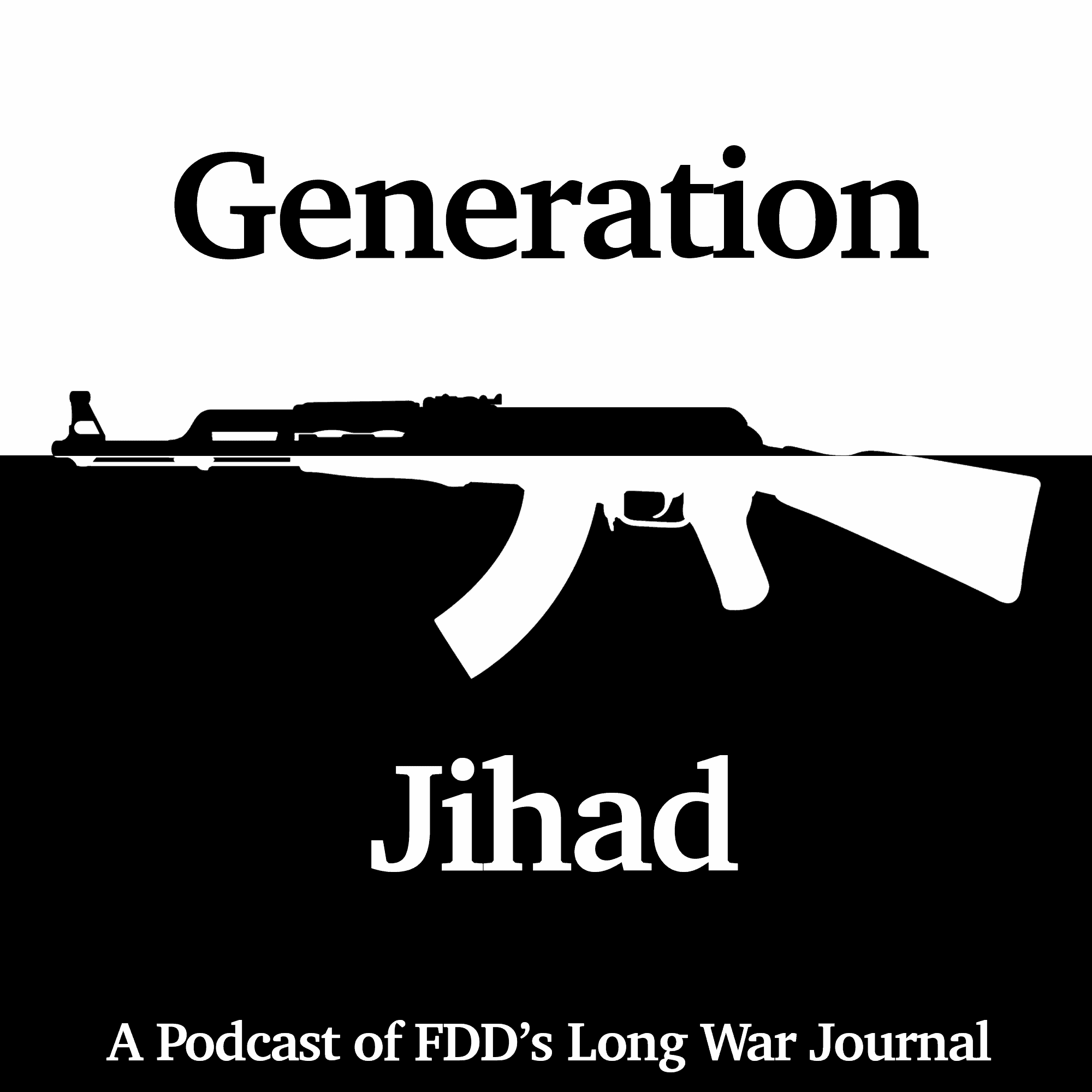
Generation Jihad: Ep. 5 – Banned in Pakistan
Hosts Tom Joscelyn and Bill Roggio discuss how the Daniel Pearl affair highlights deeper problems within Pakistan. After all, FDD’s Long War Journal is banned in Pakistan, while many jihadists are not.

Hosts Tom Joscelyn and Bill Roggio discuss how the Daniel Pearl affair highlights deeper problems within Pakistan. After all, FDD’s Long War Journal is banned in Pakistan, while many jihadists are not.
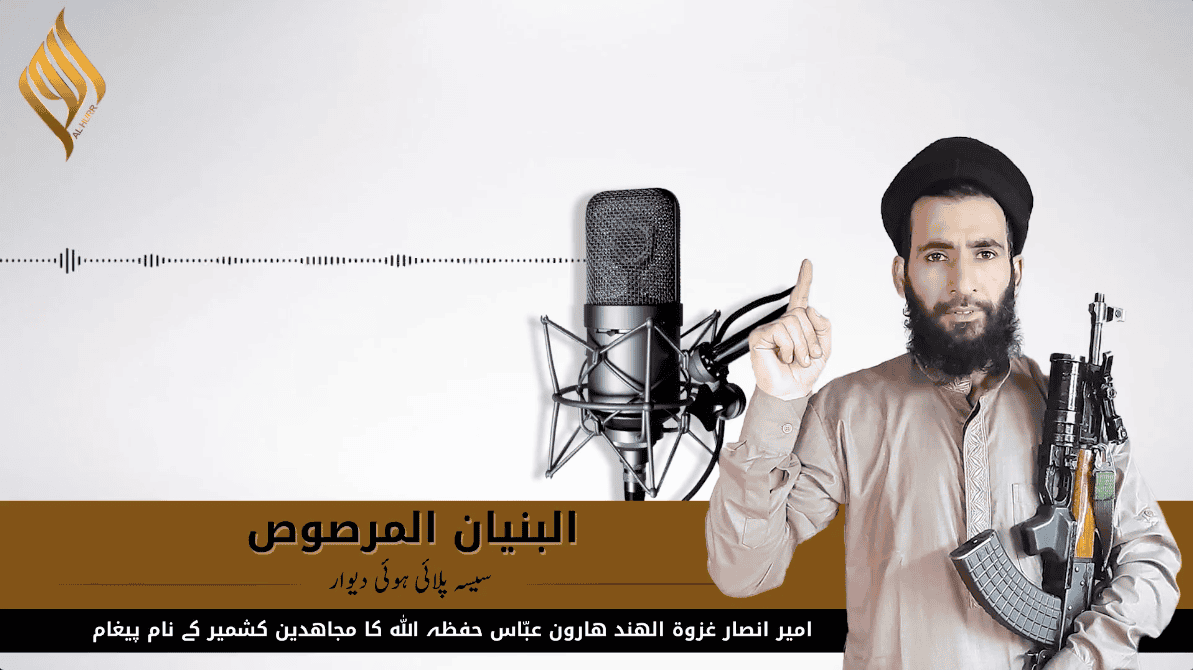
Abdul Hameed Lelhari, the new emir of Ansar Ghazwat-ul-Hind (AGH), claims that a Pakistani agency recently tried to rein in the jihad in Kashmir by cutting a deal with his group. AGH and al Qaeda have repeatedly argued that Pakistani-backed jihadist groups are pursuing nationalist goals, as opposed to a supposedly purer ideological vision.
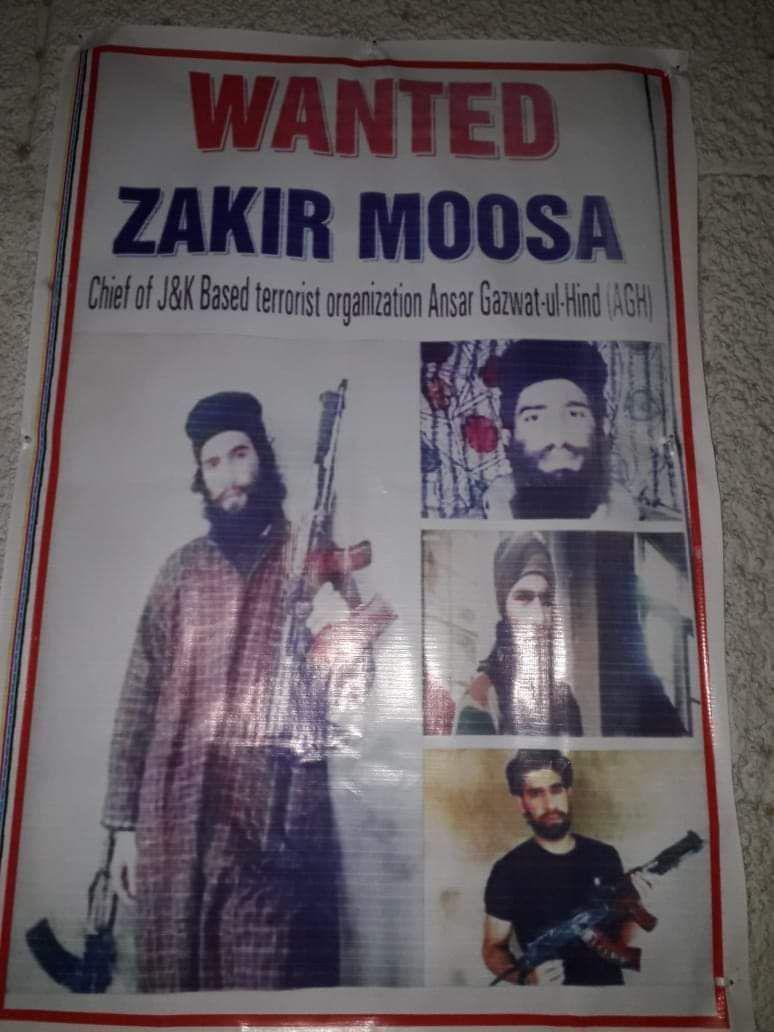
Indian forces have killed Zakir Musa, who led the al Qaeda-linked Ansar Ghazwat-ul-Hind (AGH). Musa and his men have attempted to poach from Pakistani-backed jihadist groups, while also competing with an upstart Islamic State presence. Musa’s motto was “Sharia or Martyrdom.”
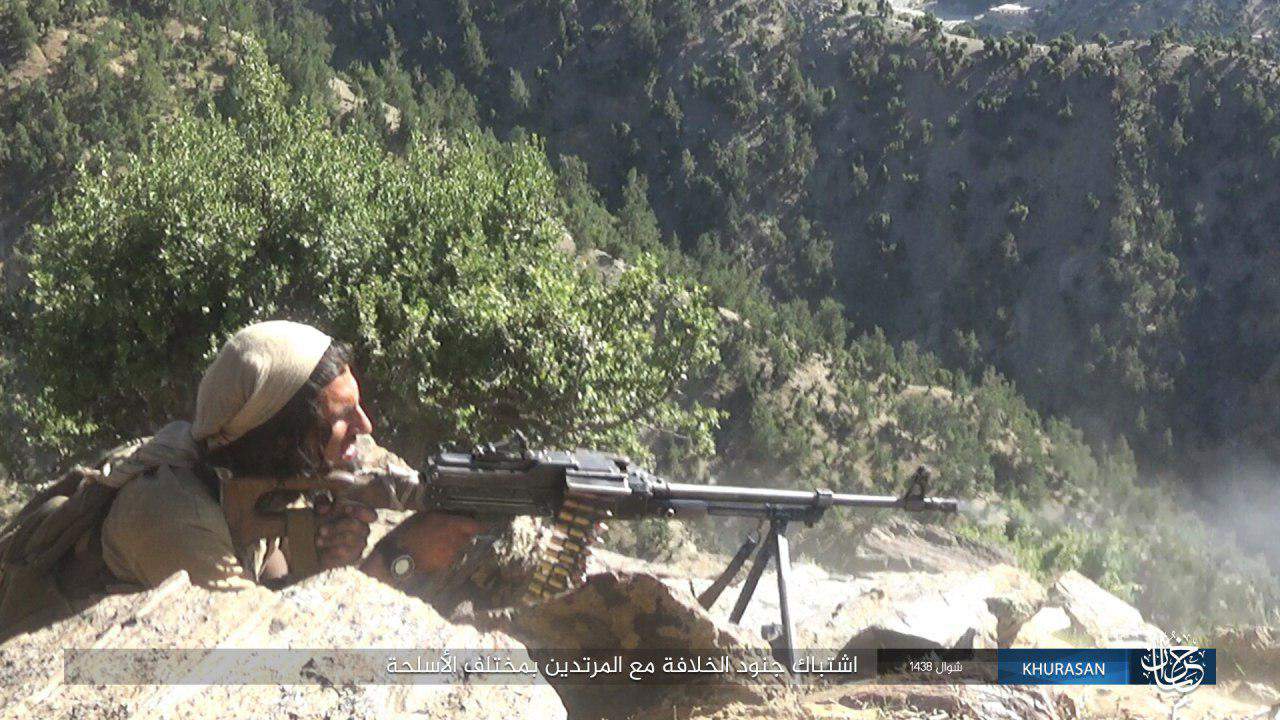
On May 14, the UN Security Council added the Islamic State’s so-called Khorasan province to its list of sanctioned terrorist entities. The group has recently rebranded operations in Kashmir and Pakistan as the work of supposedly new “provinces.”
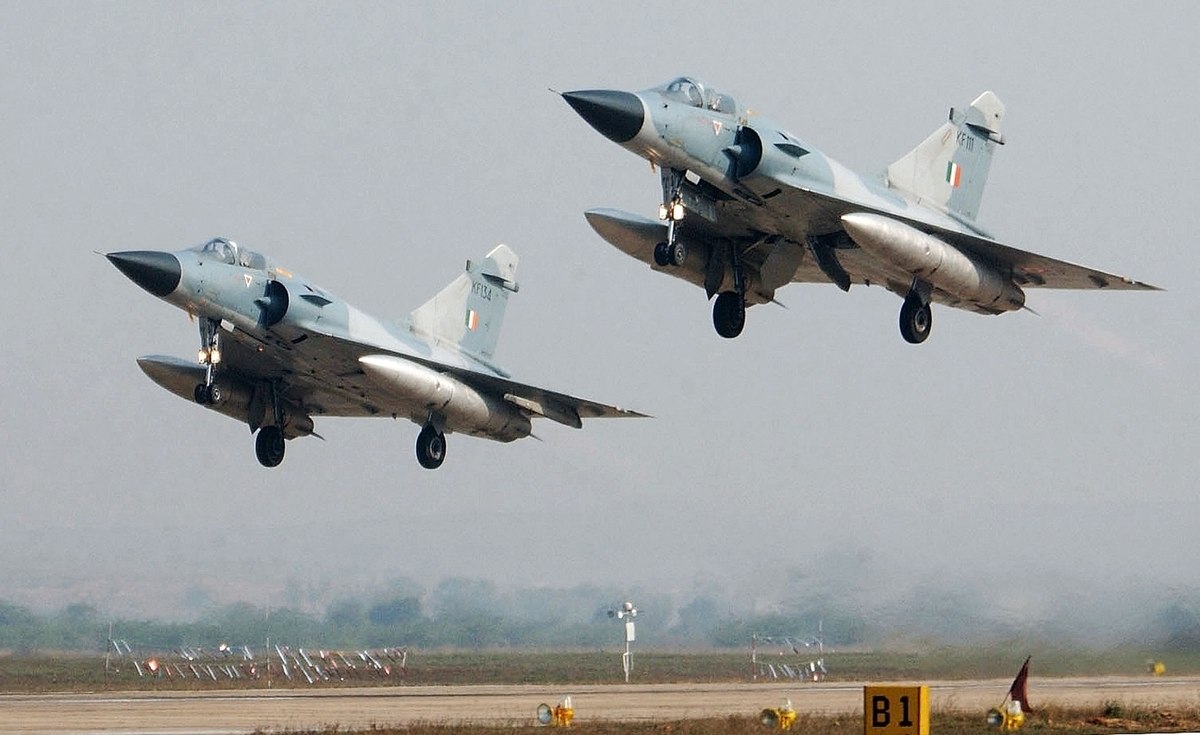
In retaliation for a suicide attack in Kashmir, the Indian Air Force launched a raid against a JeM camp in Balakot inside Pakistan, killing scores of jihadists. The Pakistani government is denying the raid took place.
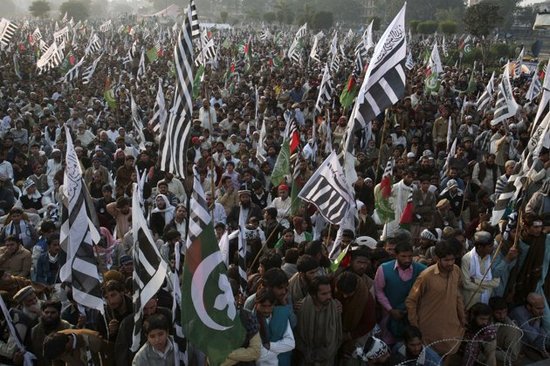
Khan’s claim that “our [Pakistani] soil is not used for carrying out terrorist attacks in other countries” is remarkably similar, if not identical to the Afghan Taliban’s false assurances that it won’t allow its territory to be used by terror groups.
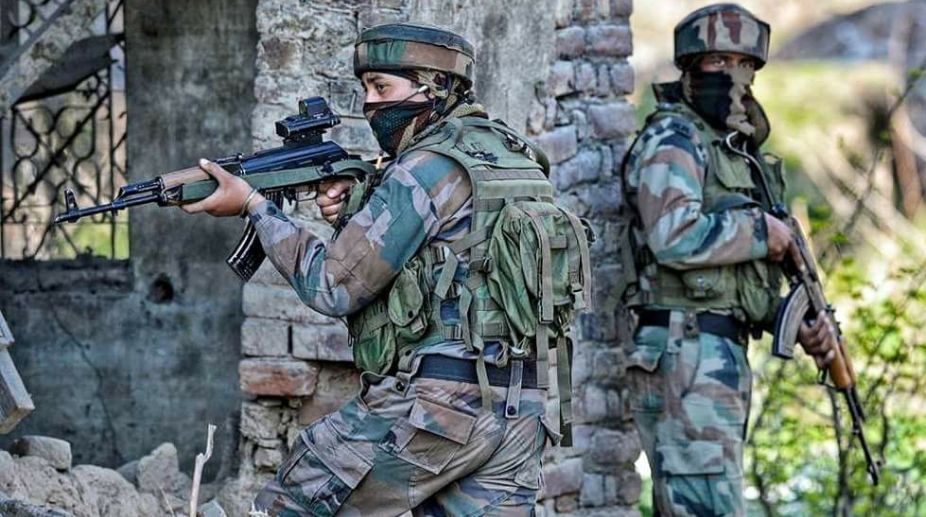
Indian security forces launched a decisive counter-terror operation yesterday in the Kashmiri districts of Shopian and Anantnag resulting in the deaths of at least 13 terrorists, three Indian security forces, and four civilians.
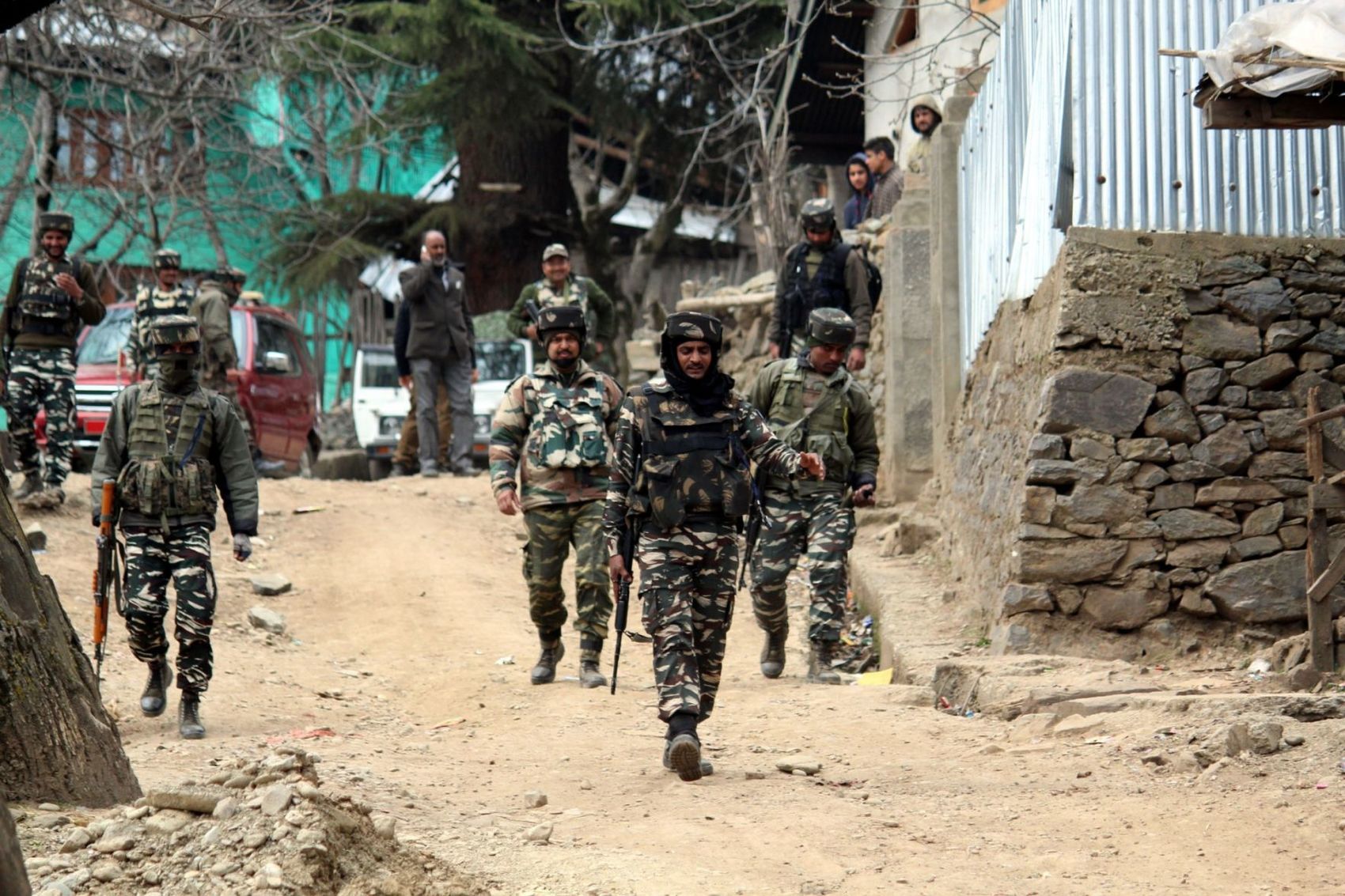
Pakistan continues to fuel the terrorist insurgency inside Jammu and Kashmir by backing Lashkar-e-Taiba and other proxies.

On Aug. 31, Ansar Ghazwat-ul-Hind’s leader, Zakir Musa, released an audio message in which he criticized the Pakistani government for supposedly betraying the jihad in Kashmir. Musa’s critique is consistent with al Qaeda in the Indian Subcontinent’s “code of conduct.”
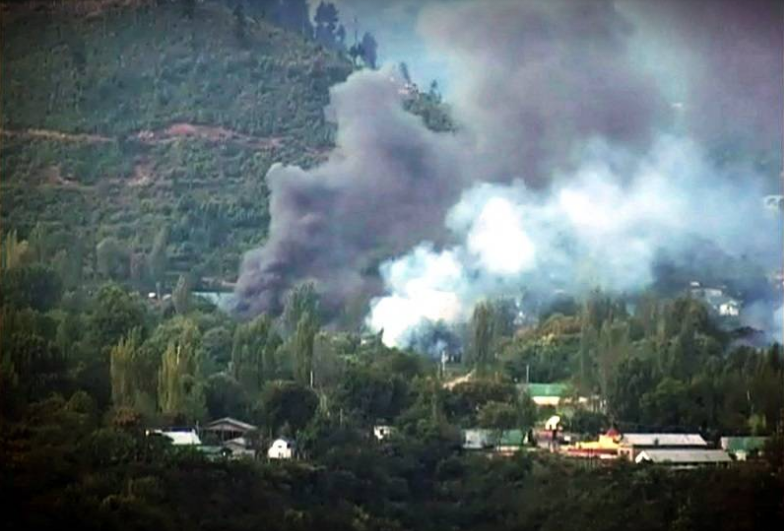
Jihadists killed 17 Indian troops and wounded dozens more in a suicide assault on a military base in Jammu and Kashmir. Jaish-e-Mohammed is thought to have carried out a similar attack on an Indian air base in January.
Militants Strike in Kashmir as Elections Approach
US Troop Pullout Affects India-Pakistan Rivalry
LeT one of the most potent terrorist group in South Asia: US
Pakistan may use LeT for proxy war in Kashmir: US report
Warning Signs Seen Ahead of India Bombings
Pakistani Militant, Price on Head, Lives in Open
 Abubakar Shekau said he and his fighters support jihad in Afghanistan, Pakistan, Kashmir, Chechnya, Iraq, Saudi Arabia, Yemen, Somalia, Algeria, Libya, and Mali.
Abubakar Shekau said he and his fighters support jihad in Afghanistan, Pakistan, Kashmir, Chechnya, Iraq, Saudi Arabia, Yemen, Somalia, Algeria, Libya, and Mali.
Pakistan helping terrorists enter India, claims Indian home minister
Stop all ventures in PoK, India tells China
Pakistan wedding rush to beat new UK visa laws
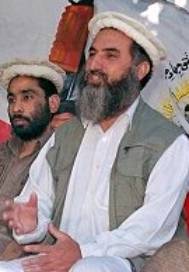 The emir of the Al Badar Mujahideen said his group is waging jihad in both Afghanistan and Kashmir, and the leader of Hizbul Mujahideen said his group’s jihad is against the US and its allies.
The emir of the Al Badar Mujahideen said his group is waging jihad in both Afghanistan and Kashmir, and the leader of Hizbul Mujahideen said his group’s jihad is against the US and its allies.
Saudi Arabia’s policy shift toward India helps nab terror suspects
Clashes erupt in Indian-administered Kashmir after fire guts popular Muslim shrine
Pakistan boasted of nuclear strike on India within eight seconds
Islamic militants threaten war on Pakistan over Kashmir
Pakistan – LeT threatens to blow up Attari Integrated Checkpost
Book review: Pakistan on the Brink: The Future of America, Pakistan and Afghanistan by Ahmed Rashid
Reprehensible that Pakistan’s ISI maintains ties with Haqqani network: Senator John McCain
Pakistan – DPC vows to stand firm against resumption of NATO supplies
Action against militants urged, ‘India amenable to Kashmir talks’